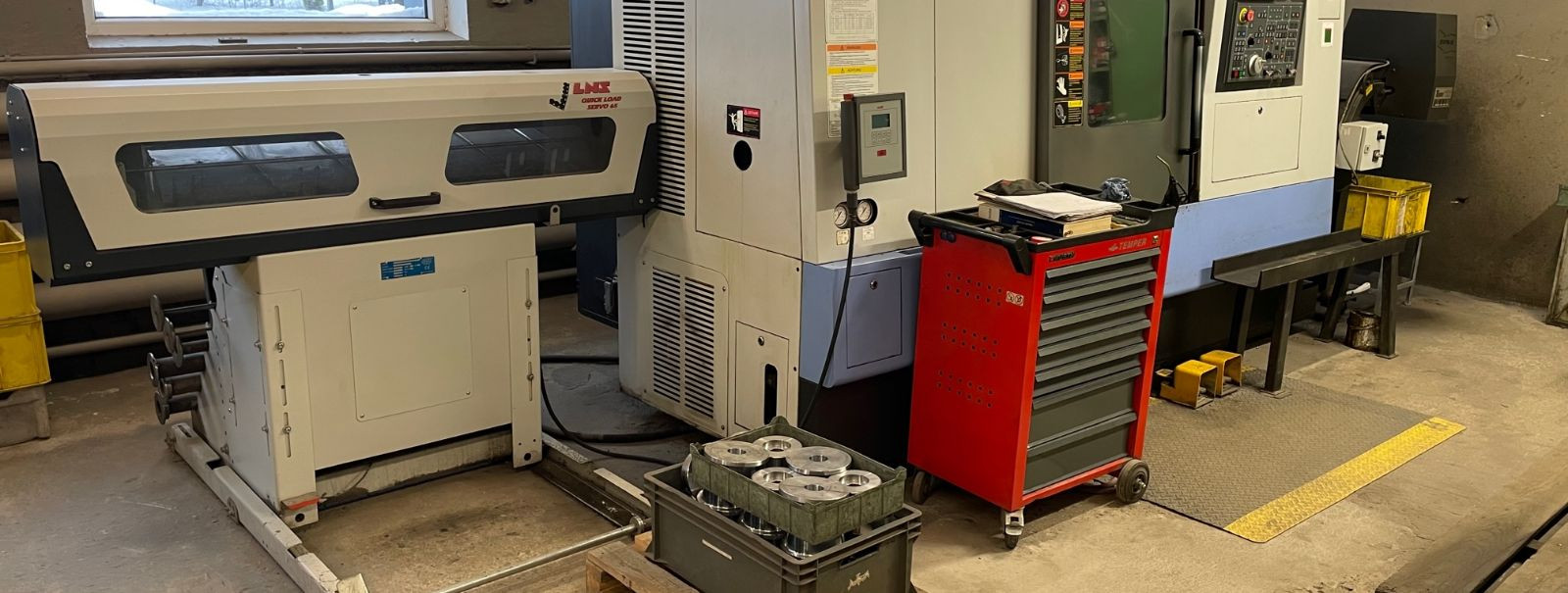How cnc technology is revolutionizing the construction industry
Computer Numerical Control (CNC) technology has been a game-changer across various industries, and the construction sector is no exception. By automating the control of machining tools through computers, CNC technology offers unparalleled precision and efficiency. This innovation is particularly beneficial in construction, where precision and reliability are paramount. As construction companies, real estate developers, and industrial manufacturers seek to enhance their project outcomes, CNC technology provides a robust solution that aligns with their needs for quality and sustainability.
The Role of CNC Machines in Enhancing Precision
Precision is a critical factor in construction, influencing everything from structural integrity to aesthetic appeal. CNC machines excel in delivering high precision by following computer-aided design (CAD) models to the letter. This capability ensures that every cut, drill, and shape is executed with exacting accuracy, reducing the margin for error significantly. For construction professionals, this means fewer mistakes, less rework, and a higher quality end product.
CNC Technology and Sustainable Construction Practices
Sustainability is a growing concern in the construction industry, and CNC technology contributes positively to this trend. By optimizing material usage and minimizing waste, CNC machines support eco-friendly construction practices. The precision of CNC machining ensures that materials are used efficiently, reducing the environmental impact of construction projects. Additionally, CNC technology can facilitate the use of sustainable materials, further enhancing the green credentials of construction projects.
Improving Efficiency and Reducing Waste with CNC
Efficiency is another area where CNC technology shines. Traditional construction methods often involve manual processes that are time-consuming and prone to human error. CNC machines automate these processes, significantly speeding up production times. This automation not only enhances efficiency but also reduces material waste, as precise cuts and measurements mean fewer offcuts and discarded materials. For construction companies, this translates to cost savings and a more streamlined workflow.
CNC in Customization and Complex Designs
Modern construction projects often demand unique and complex designs that can be challenging to achieve with traditional methods. CNC technology allows for high levels of customization, enabling the creation of intricate designs with ease. Whether it's bespoke architectural elements or complex structural components, CNC machines can produce them with precision and consistency. This capability opens up new possibilities for architects and builders, allowing them to push the boundaries of design and innovation.
The Impact of CNC on Material Durability and Quality
Durability and quality are essential considerations in construction, and CNC technology plays a crucial role in enhancing these attributes. By ensuring precise cuts and consistent production quality, CNC machines contribute to the longevity and reliability of construction materials. This precision reduces the likelihood of structural weaknesses and defects, resulting in buildings and structures that stand the test of time. For developers and manufacturers, this means delivering projects that meet the highest standards of quality and durability.
CNC Technology and Timely Project Delivery
Timely delivery is a critical factor in the success of construction projects. Delays can lead to increased costs and dissatisfied clients. CNC technology helps mitigate these risks by streamlining production processes and reducing the time required for fabrication. With CNC machines, construction companies can meet tight deadlines without compromising on quality, ensuring that projects are completed on time and within budget.
Future Prospects of CNC in the Construction Industry
The future of CNC technology in construction looks promising, with ongoing advancements poised to further enhance its capabilities. As the industry continues to embrace digital transformation, CNC technology will play an increasingly vital role in driving innovation and efficiency. From 3D printing to advanced robotics, the integration of CNC with other technologies will open up new possibilities for construction professionals, enabling them to deliver projects that are not only efficient and sustainable but also groundbreaking in design and execution.






Comments (0)